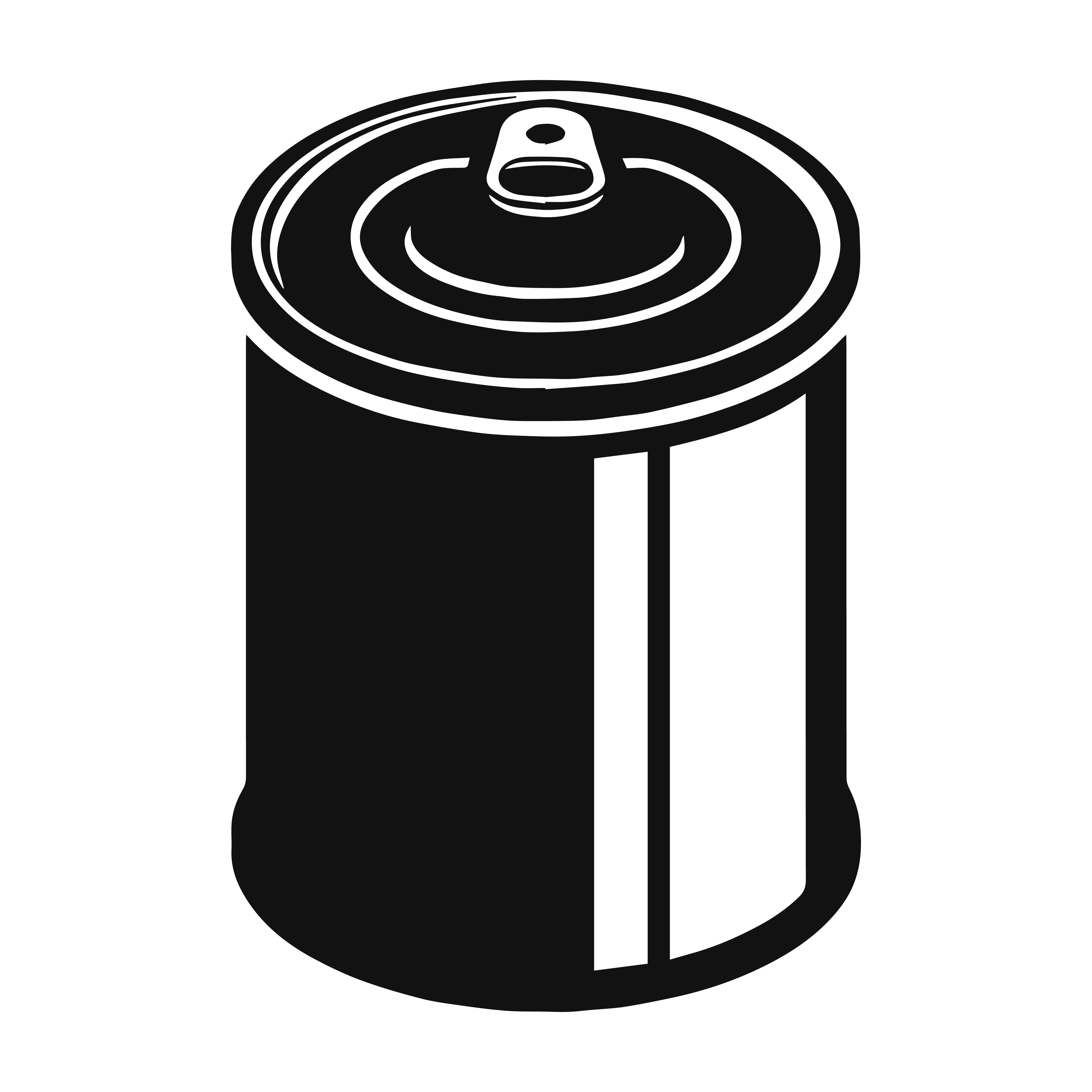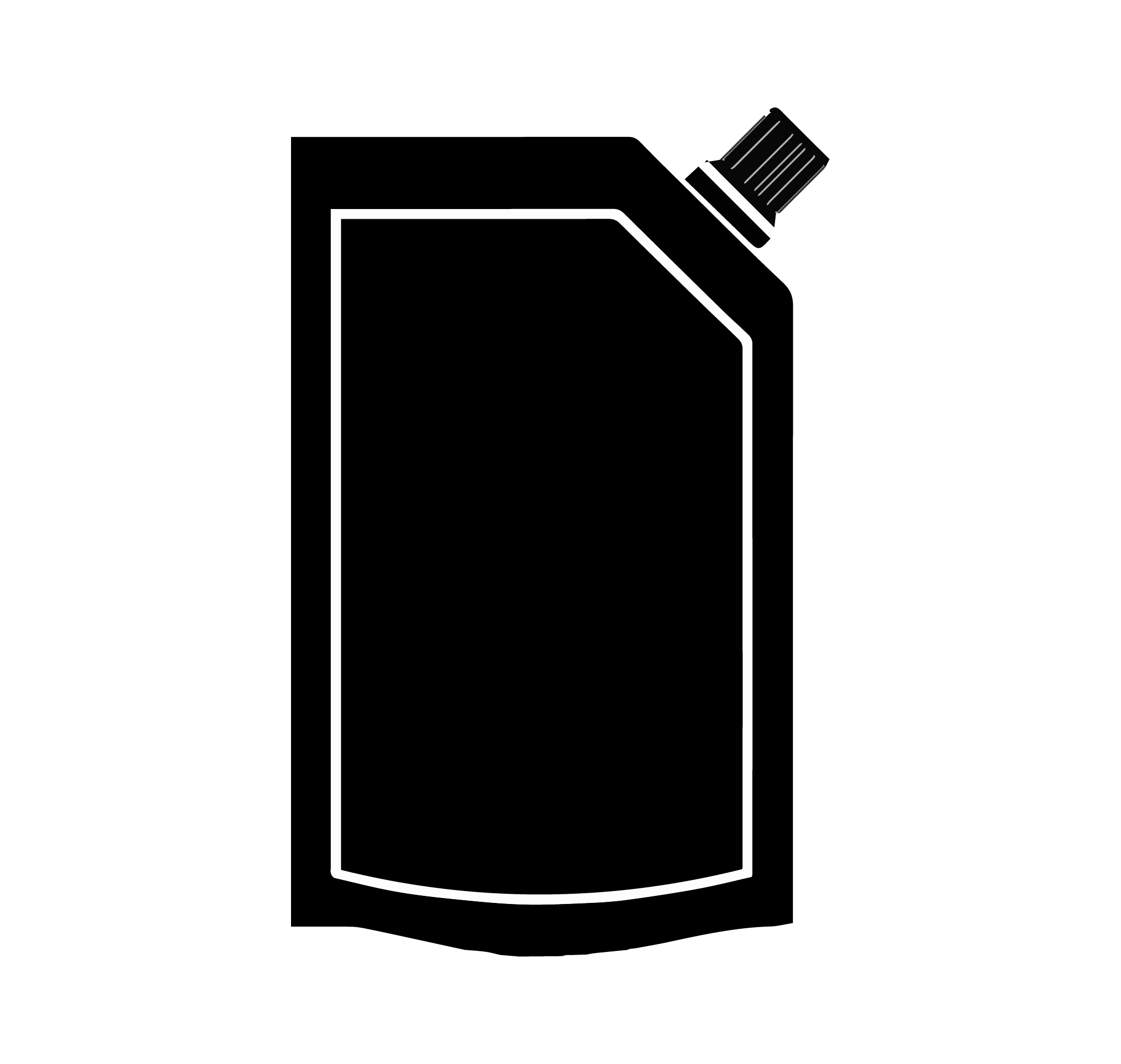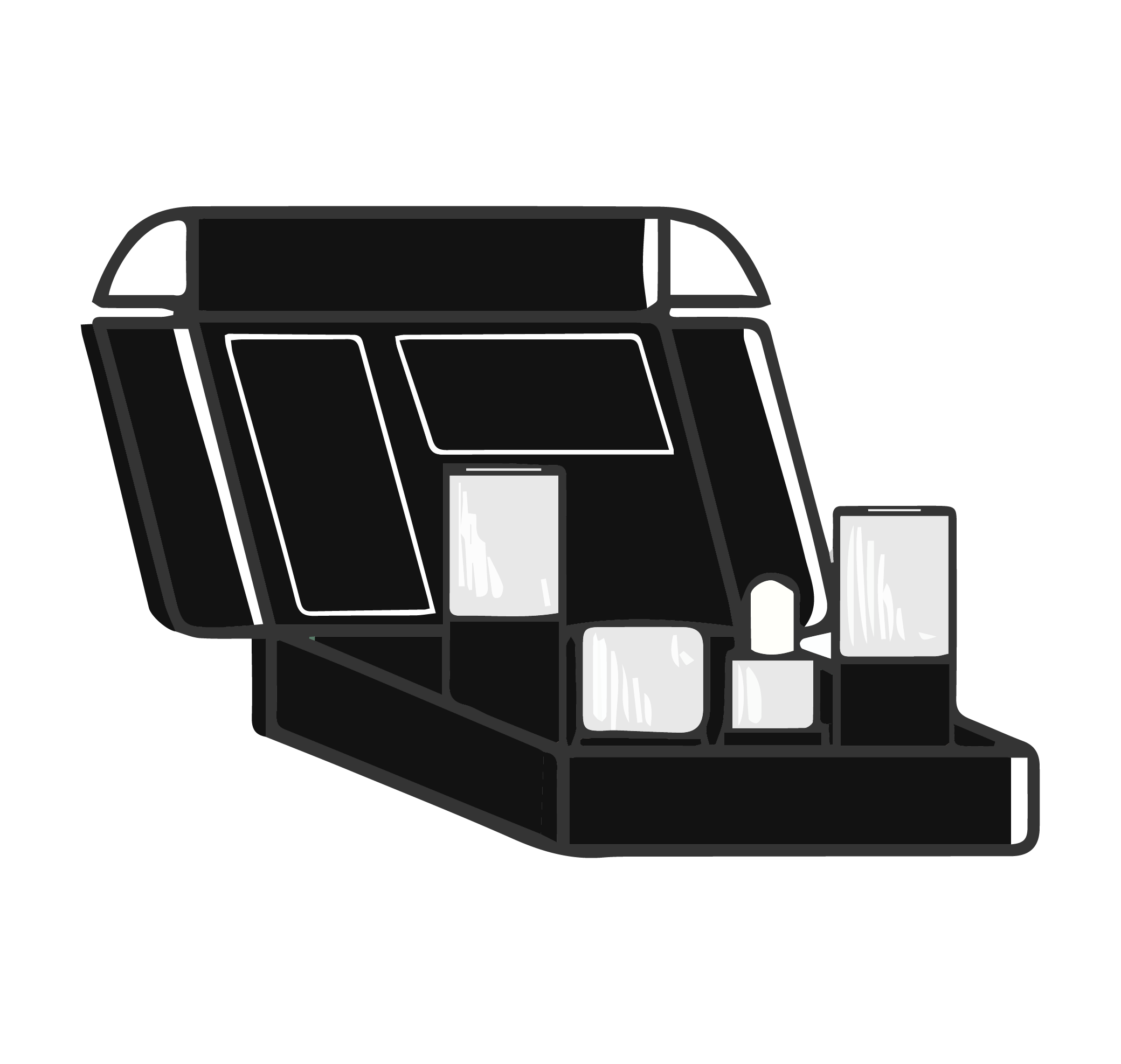Sometimes, a person’s personality can influence their tendency for denial. Certain traits, such as independence and perfectionism, can add to a person’s hesitancy or reticence to seek help, says Grawert. “In some families, drinking too much is seen as comical, not a big deal, or a must during celebrations,” she adds. Consequently, many people may not realize their drinking has become a genuine problem. Environmental factors such as access, social pressure, and lack of coping can also increase the likelihood of addiction. Heritability rates can be 50% or more in family members with alcohol or opioid use.
In the end, there is nothing strange about alcoholics’ denial, except for its exaggeration and application to a risk others see as obvious. Societal and cultural factors can also play a role in an alcoholic’s denial. The stigma and judgment surrounding addiction create an environment where individuals may feel discouraged from seeking help or admitting to their problem. Alcohol consumption is often seen as socially acceptable, which can enable individuals to justify their excessive drinking. Optimally, the impact of specific criteria should be evaluated while also considering the relationship of denial to drinking quantities, the number of alcohol problems, and whether an individual has alcohol abuse or dependence in DSM-IV.
The Role of Education in Alcoholism Awareness
Even more inconsistent results were seen for the relationship to denial for sex, age, socioeconomic status or income (Clark et al., 2016; Fendrich and Vaughn, 1994; Ortega and Alegria, 2005; Rinn et al., 2002; Rosay et al., 2007). Denial is closely linked to addiction, especially in those with an alcohol use disorder. The person can’t or won’t see that their drinking is out of hand and they need substance abuse treatment.
This deflection helps them maintain control over how others perceive their drinking while avoiding facing the reality that they may have an unhealthy relationship with alcohol. Blame involves shifting responsibility for how to make myself pee their drinking onto external factors. An alcoholic may blame others or situational circumstances rather than take ownership of their behavior.
Denial was dangerous for Winehouse because it interfered with her ability to accept the help she needed to meet a challenge she could not overcome on her own. Sarah Allen Benton, M.S., LMHC., LPC, is a licensed mental health counselor and author of Understanding the High-Functioning Alcoholic. The questions were extracted from the Semi-Structured Assessment for the Genetics of Alcoholism (SSAGA) (validity, retest reliabilities, and cross-interviewer reliabilities of .7 to .8) (Bucholz et al.,1994; Hesselbrock et al.,1999).
In some instances, their denial causes them to fail to recognize how their substance abuse is affecting their lives. When a family member or friend is struggling with alcoholism, it’s crucial to approach the situation with empathy and compassion. Remember, addiction is a disease that affects the brain, and it’s not a choice or a character flaw. To support your loved one, try to learn more about alcoholism and its effects on the individual. Denial serves as a defense mechanism to protect the individual from the painful reality of their alcoholism.
Treatment Is Critical to Recovery
- A large majority of two generations of SDPS participants whose interviews indicated a current AUD did not characterize themselves as problem drinkers.
- When a loved one is engaged in alcohol abuse, watching them spiral out of control can cause inner conflict for friends and family members.
- Lucre for them on the back of her suffering, though she was a willing partner in this public display of self-harm.
One factor that can contribute to an alcoholic’s denial is family dynamics. In some families, alcoholism may be normalized or even enabled, making it difficult for someone to recognize their problem. Family members may unintentionally support the individual’s denial by minimizing the issue, making excuses, and even covering up the consequences of their loved one’s alcohol abuse.
Next steps
Remember, enabling behaviors often stem from a place of care but can hinder progress toward recovery. It’s essential for loved ones to learn healthier ways to support themselves without perpetuating denial. Someone might say, “Yeah, I drink every weekend, but at least I’m not like John, who drinks alone every night.” By pointing out the extreme behavior of others, individuals in denial try to diminish the seriousness of their own alcohol misuse. By dismissing the issue, they avoid acknowledging that their drinking has become problematic and refuse to engage in meaningful conversations about seeking help or making changes. This behavior can be substance abuse group activities frustrating for loved ones who are genuinely concerned and trying to offer support. For example, someone might express that they can handle alcohol just fine or that they only drink socially; it’s not a problem.
SRE-5 scores for the first five times of drinking and is generated by the total drinks in that period needed across effects divided by the number of effects endorsed. SRE-T scores reflect the average across first five, heaviest drinking period, and recent 3-month drinking. Higher average drinks needed for effects indicates lower response per drink and higher future risk for alcohol problems (Daeppan et al., 2000; Ray et al., 2010; Schuckit, 2018a; Schuckit et al., 2019 a, b). As probands’ biological children reached age 18, they were personally interviewed every five-years using SSAGA-based questions. The first interview following their 18th birthday included the impulsivity and sensation seeking questionnaires, and, for those with experience with drinking, the SRE. When approaching an alcoholic in denial, it is essential to be empathetic and compassionate.
For example, instead of saying, “You need to stop drinking! You’re ruining your life!” try saying, “I’ve noticed changes in your behavior lately, and I’m concerned about you. Is everything okay? I’m here for you.” Rationalization involves coming up with justifications or explanations to make their drinking seem reasonable or acceptable. They might say things like, “I only drink to relieve stress” or “Everyone drinks; it’s a normal way to unwind.” For example, someone struggling with denial will tell you, “Yeah, I need to cut back” or “This is my last drink,” yet continue drinking excessively without making any real changes in their behavior. You might also find it helpful to talk with a counselor or therapist who specializes in alcohol use disorder. But if you or someone you know is showing signs of denial, don’t feel discouraged.
This instrument mirtazapine with alcohol takes only a few minutes complete and can be filled out by patients in the waiting room (Babor, 2001; Sanchez-Roige et al., 2019). Such standardized approaches might be especially useful for identifying high functioning individuals with AUDs whose SES might erroneously imply that they are less likely to have alcohol problems. Sometimes, it may be easier for your loved one with alcohol use disorder to avoid talking about it completely. When you bring up drinking around someone living with alcohol use disorder, they may act as though your concerns are trivial. The person with alcohol use disorder may try to justify their behaviors or offer reasonable alternatives to why something happened. People with alcohol use disorder may experience denial, which can delay treatment.
By identifying these symptoms, you can better understand the challenges that you or a loved one might face when dealing with alcoholic denial. By rationalizing their behavior, individuals in denial avoid facing the truth about the negative effects of their alcohol consumption and maintain a sense of control over their drinking habits. This psychological defense mechanism can be challenging to break through but is essential for recovery from addiction. Another interesting finding related to the overall differences across generations regarding the specific criteria items endorsed by AUD probands and AUD offspring in the first data columns of Tables 1 and and3.3.
We are available to explore addiction treatment options that can help you or your loved one get the assistance needed to start recovery. A person that exhibits a number of these symptoms is likely to be struggling with an alcohol use disorder and would benefit from a treatment program. There may be many reasons why someone is hesitant to seek help — from lack of awareness to stigma and shame.
If you think someone you know is in denial about living with alcohol use disorder, there are ways you can help them. Each person has a different experience and insight on their relationship with alcohol. While some may have reached a place of awareness, others may still be trying to understand the seriousness of their condition. There are many factors that can contribute to developing alcohol use disorder, such as stress, trauma, abuse, or any number of other circumstances. Loved ones sometimes protect the person who is experiencing an alcohol problem, making excuses for their poor behaviors and failure to manage responsibilities.


























